Colorado Psilocybin Consultants
Psychedelic Business Consultants in Colorado
Trusted Psilocybin Consulting Firm in Colorado
Welcome to Quantum 9, your trusted psilocybin consulting partner in Colorado. With years of expertise in the psychedelic and cannabis industries, we are committed to helping Colorado businesses thrive in the burgeoning psilocybin space through strategic business consulting, compliance, and operational support.
Whether you’re a healing center, cultivator, manufacturer, or entrepreneur in the psilocybin industry, we provide tailored consulting services to meet your unique needs and ensure your business succeeds in this evolving regulatory landscape.
Winning licenses and selling businesses since 2012
127
33+
92.1
Psilocybin Consulting Services
Psilocybin Business Planning
License Application Consulting
Operations Support
Quantum 9’s CEO, Michael Mayes, discusses psilocybin business licensing and the emerging industry in a recent interview on PCM.
Why Choose Quantum 9?
- Proven Track Record: Since 2012, Quantum 9 has successfully guided businesses globally through complex regulatory landscapes, securing licenses and maximizing operational efficiency.
- Industry Expertise: Our team of seasoned cannabis consultants & psilocybin consultants combine decades of experience, delivering cutting-edge strategies tailored to meet the evolving needs of the highly-regulated industries.
- Customized Solutions: We offer tailored consulting services from market entry strategies to compliance and business optimization, ensuring that your cannabis business is set up for long-term success.
WHAT PEOPLE ARE SAYING ABOUT OUR PSILOCYBIN BUSINESS CONSULTANTS
Latest psilocybin licensing news
As seen in
Contact Form
Please fill out the contact form to schedule a call
Frequently Asked Questions
What services does Quantum 9 provide as a Colorado psilocybin consulting firm?
Quantum 9 offers a full range of psilocybin consulting services in Colorado, including business planning, license application consulting, compliance support, operational management, and team training. We work with you to build and grow your psilocybin business while navigating Colorado’s unique regulatory framework.
How does Quantum 9 help with psilocybin business planning in Colorado?
We craft custom business plans designed to attract investors, secure local support, and meet the requirements of Colorado’s psilocybin licensing process. Our plans cover everything from financial modeling to operational structure, ensuring your psilocybin business is set for success.
Can Quantum 9 help with Colorado psilocybin license applications?
Yes, Quantum 9 specializes in psilocybin license consulting. We guide you through every step of the application process, including facility design, team recruitment, compliance, and municipal approval. Our expert consultants have a 92.10% license win rate.
How does Quantum 9 support psilocybin business operations in Colorado?
We provide comprehensive operational support, including construction management, equipment selection, staff training, branding, and more. Our goal is to help you optimize every aspect of your psilocybin business for long-term success.
What makes Quantum 9 the best psilocybin consulting firm in Colorado?
Quantum 9 combines industry expertise with a proven track record of success. We offer customized consulting solutions that address the specific needs of psilocybin businesses in Colorado, from market entry strategies to regulatory compliance. With a high success rate in securing licenses and building profitable operations, we’re dedicated to helping your business thrive.
Does Quantum 9 provide psilocybin compliance consulting in Colorado?
Absolutely. We ensure that your psilocybin business stays compliant with Colorado’s ever-changing regulations. From compliance audits to operational guidelines, our team ensures you meet all regulatory requirements.
How can I get started with Quantum 9's psilocybin consulting services in Colorado?
Getting started is easy. Schedule a call with our expert team to discuss your psilocybin business needs, and we’ll create a customized plan to help you succeed in Colorado’s evolving psilocybin industry.
Colorado Psilocybin Resources
Psychedelics Consultants
for Colorado Businesses
Updated In
2025
Timeline
Colorado’s psilocybin program follows a structured timeline as laid out by the Natural Medicine Health Act of 2022 and SB23-290.
The initial application period for facilitators and businesses is set to begin in early 2025, with the first round of licenses expected to be awarded in mid-to-late 2025. Be sure to stay updated, as these timelines are critical for anyone looking to enter the psilocybin market in Colorado.
Date
January 31, 2023
June 30, 2024
December 31, 2024
June 1, 2026
Regulatory Agencies
The regulation and licensing of psilocybin businesses in Colorado are overseen by two main state agencies:
- Department of Regulatory Agencies (DORA): DORA handles the licensing and regulation of psilocybin facilitators. You can find more details about the facilitator requirements on their Natural Medicine page.
- Department of Revenue (DOR): DOR is responsible for licensing and regulating psilocybin businesses such as healing centers, cultivators, manufacturers, and testing facilities. Check the Natural Medicine Division page for more information on business licensing.
These agencies work together to ensure compliance with the Natural Medicine Health Act and other state regulations governing the use and sale of psilocybin in Colorado.
Laws & Regulations
Colorado’s psilocybin industry is regulated under several key laws and guidelines:
- Natural Medicine Health Act of 2022: Read the full act to understand the foundation of psilocybin regulation in Colorado.
- SB23-290 – Natural Medicine Regulation and Legalization: This law outlines the licensing framework and regulatory structure for psilocybin in Colorado. Read the full text.
- SB24-198 – Regulated Natural Medicine Implementation: This bill further clarifies the roles of state agencies and sets out rules for business operations. Read the full text here.
- Final DOR Rules: The Department of Revenue adopted comprehensive rules for psilocybin businesses. Read rules here.
These regulations ensure that all businesses and facilitators are operating in compliance with state law, safeguarding both consumers and the industry at large.
Types of Psilocybin Licenses in Colorado
In Colorado, the following license types are available for psilocybin businesses:
- Healing Center License: Allows for on-site administration of psilocybin to clients under the supervision of licensed facilitators.
- Cultivation License: Permits the cultivation of psilocybin mushrooms and other natural medicines for use in healing centers and manufacturing facilities.
- Product Manufacturing License: Authorizes the production of psilocybin products, such as extracts or edible formats, for use in healing centers.
- Testing Facility License: Allows the testing of psilocybin products for potency and safety to ensure compliance with state regulations.
Each license has specific eligibility requirements, application processes, and associated fees. Future detailed posts will provide in-depth guides for each license type to help you navigate the licensing process effectively.

















